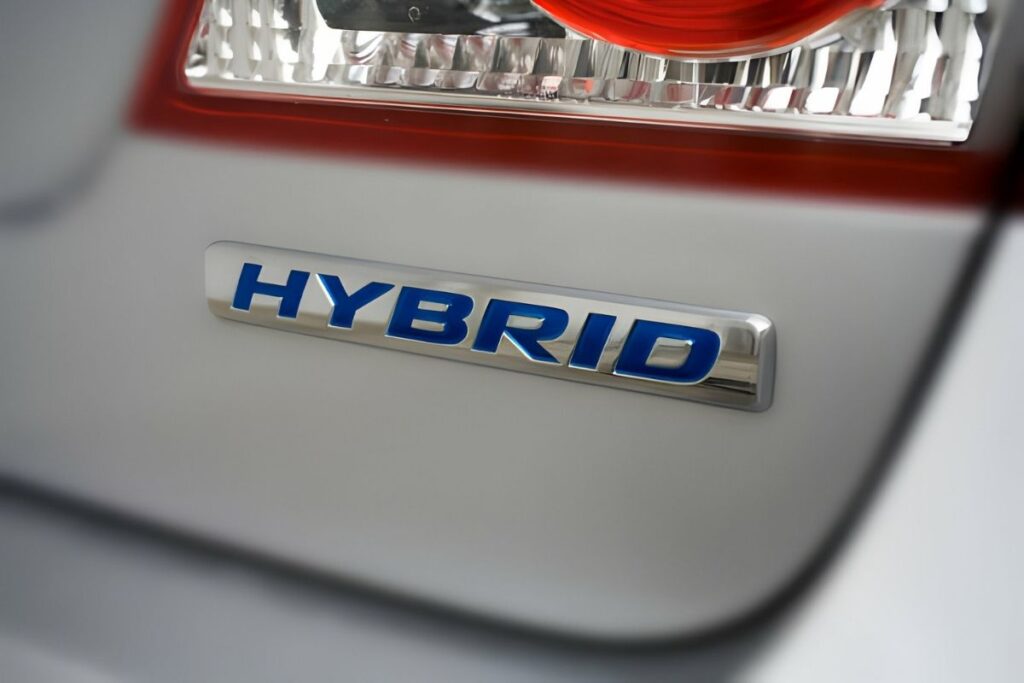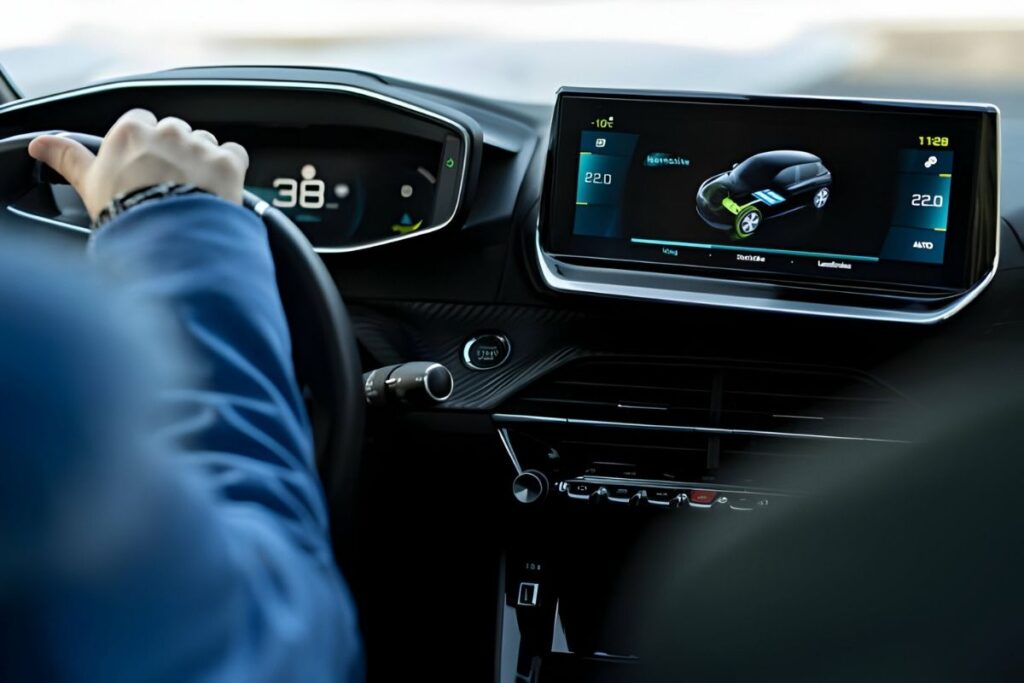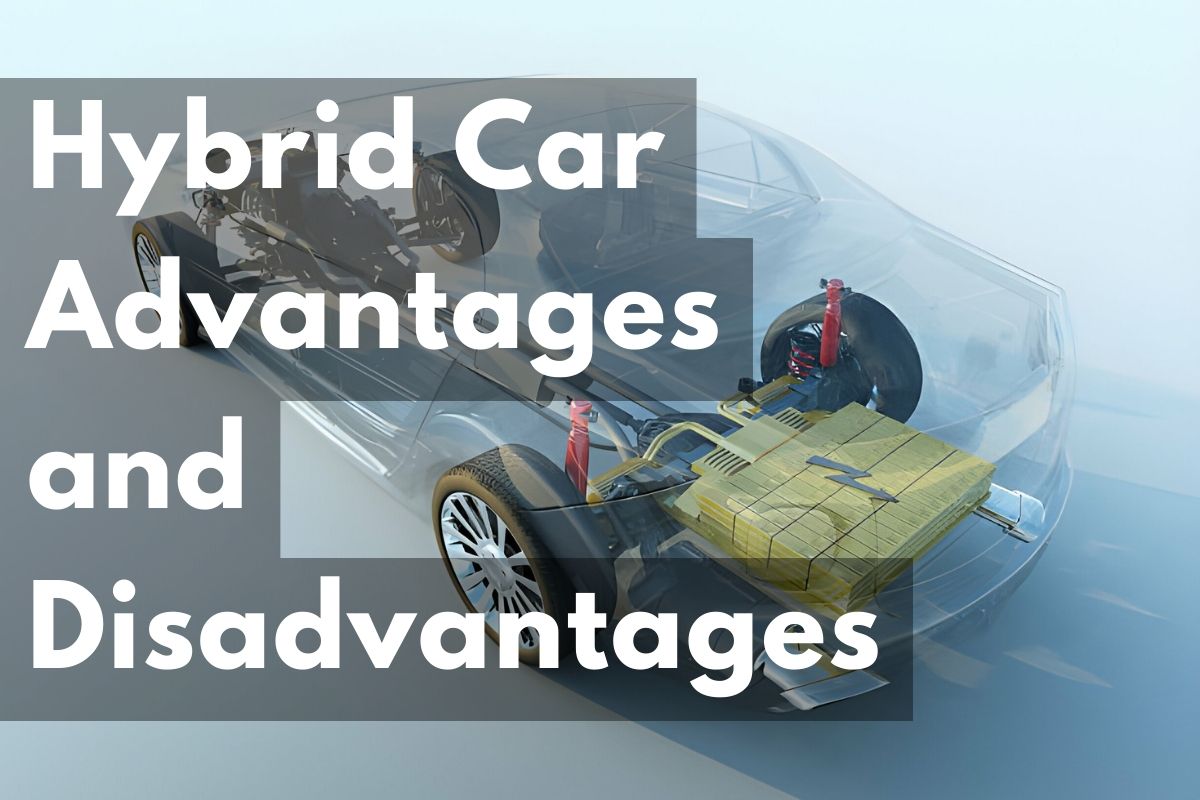Hybrid cars offer the advantage of fuel efficiency with lower emissions but can incur higher upfront costs. They also face potential battery replacement expenses and may have limited power compared to traditional vehicles. Gain valuable insights about hybrid car advantages and disadvantages before you have one.
Understanding the impact of hybrid cars requires balancing environmental concerns with economic considerations. Hybrid vehicles have emerged as a popular choice for eco-conscious drivers seeking to reduce their carbon footprint and save on fuel. With advancements in automotive technology, hybrids combine internal combustion engines with electric battery power, leading to significant fuel savings and reduced tailpipe emissions.
This technology represents a middle ground between conventional gas-powered cars and fully electric vehicles, making it an attractive option for those not ready to leap all-electric but wish to embrace cleaner transportation. While these vehicles present clear benefits, prospective buyers must consider factors like higher purchase prices and potential long-term maintenance costs associated with hybrid ownership.
Advantages Of Hybrid Cars

Hybrid cars sit at the intersection of innovation and ecology. They offer a bridge to a future where sustainable transportation is the norm. The key benefits of driving a hybrid vehicle are not only personal but also global.
Lower Fuel Consumption
One of the standout features of hybrid cars is their notably lower fuel consumption. By using a combination of an internal combustion engine and electric propulsion, these vehicles can achieve substantial fuel savings. This leads to fewer trips to the gas station.
- Better mileage than conventional vehicles.
- Energy-saving features like regenerative braking.
- Use of electric power at low speeds to conserve fuel.
Reduced Emissions
Another major advantage of hybrid cars is their green footprint. Hybrids emit significantly less pollution than their gasoline-only counterparts. This reduction in harmful exhaust is better for the environment.
| Car Type | CO2 Emissions |
|---|---|
| Traditional Gas Cars | High |
| Hybrid Cars | Low |
Improved Fuel Efficiency
Hybrids outperform regular cars in terms of fuel efficiency. Their ability to switch between power sources is optimized for different driving conditions. This leads to better performance and driving dynamics.
- Engine Load Leveling: balances the use of electric and gas power.
- Automatic Start/Stop: Shut off the engine at idle to save fuel.
- Aerodynamic designs: contribute to efficiency.
Disadvantages Of Hybrid Cars
While hybrid cars offer a gateway to a more eco-friendly driving experience, they also come with their own set of drawbacks. Here, we delve into some of the less talked about, but equally important disadvantages of choosing a hybrid vehicle.
Higher Purchase Price
Hybrid cars often come with a heftier price tag than their gasoline-only counterparts. This initial investment can be a significant setback for budget-conscious buyers. The advanced technology and dual powertrain system drive up the manufacturing and retail costs.
Limited Model Options
Choice limitation can be a deal-breaker for some car enthusiasts. Unlike traditional vehicles, hybrids offer fewer models to choose from. This means potentially sacrificing personal style and features for the sake of eco-friendliness and fuel savings.
Battery Lifespan
- Hybrid batteries don’t last forever
- Replacement costs can be steep
- Performance may decline as batteries age
The battery is the heart of the hybrid system, but when it begins to wear, you might face a pricey replacement. Moreover, over time, battery efficiency can decrease, impacting the overall benefit of having a hybrid vehicle.
Types Of Hybrid Cars

Embarking on the eco-friendly journey of owning a hybrid car starts with understanding the different types available. Each type of hybrid car comes with unique features, catering to a variety of needs and preferences. Discover how these marvels of technology can fit into your lifestyle.
Parallel Hybrid
The Parallel Hybrid design is where the electric motor and the internal combustion engine are connected to the same transmission. When the car needs extra power, both the engine and the motor work together to propel the vehicle. This setup offers flexibility and efficiency.
- Pros: better highway fuel economy, seamless power transition.
- Cons: less effective in slow traffic, complex design.
Series Hybrid
In a Series Hybrid system, the combustion engine powers an electric generator instead of directly driving the wheels. The generator then powers the electric motor or charges the batteries. This type is known for its simplicity and effective energy use in stop-and-go traffic.
- Pros: excellent city driving efficiency, simpler transmission.
- Cons: less efficient on the highway, potential for higher energy conversion loss.
Plug-in Hybrid
Plug-in Hybrids (PHEVs) boost the hybrid experience by offering the ability to recharge batteries via an electrical outlet. They run on electric power until the battery is depleted, then switch to hybrid mode. This gives you a taste of electric driving with a backup plan.
- Pros: reduced fuel usage, can run solely on electricity.
- Cons: higher initial cost, longer charging time.
How Hybrid Cars Work
Understanding how hybrid cars work is key to appreciating their benefits and downsides. These vehicles combine traditional engines with electric power to offer a more eco-friendly drive. Let’s explore the inner workings of hybrid cars.
Combining Internal Combustion Engine And Electric Motor
Hybrid cars utilize two power sources: a standard internal combustion engine (ICE) and an electric motor. The ICE runs on gasoline, while the electric motor uses electricity. These two work together, reducing fuel consumption and emissions. The car switches between the engine and motor or uses both for optimal performance.
Regenerative Braking
What sets hybrids apart is regenerative braking. Whenever you slow down, the system captures this energy to recharge the battery. Regular cars waste this energy as heat. With regenerative braking, hybrids boost efficiency and conserve power.
- Slowing Down: Captures kinetic energy
- Recharging Battery: Uses energy from braking
- Less Waste: Saves energy other cars lose
Battery Storage
Hybrid cars have a special battery to store electric energy. Unlike electric vehicles that require charging stations, hybrids self-charge through regenerative braking and the ICE. So, you won’t need to plug them in. The stored energy powers the motor whenever it’s needed.
| Battery Function | Hybrid Advantage |
|---|---|
| Electric Energy Storage | Supports electric motor |
| Self-Charging Capability | No plug-in required |
| Efficient Energy Use | ICE assists in charging |
Hybrid Car Features

When you dive into the world of hybrid vehicles, you discover unique features that distinguish these futuristic cars from traditional ones. Hybrid car features center around efficiency and innovation, reflecting the advanced technology under their hoods. Let’s explore some key functionalities that make hybrid cars stand out on the road.
Start-stop Function
This smart feature saves fuel and reduces emissions. When a hybrid car stops, such as at a red light, the engine automatically turns off. As soon as the driver presses the accelerator, the engine springs back to life. This means no more idling and wasted fuel during brief stops in traffic.
Power Mode Options
Hybrid cars offer drivers the ability to choose how they use their energy. Depending on the journey, one can switch between different power modes. Eco mode maximizes fuel efficiency, while sport mode provides a more dynamic driving experience by utilizing the electric motor’s instant torque.
Energy Monitoring Display
The dashboard of a hybrid car often features an energy monitoring display. This system allows the driver to see energy usage and battery charge levels in real-time. It informs decisions about driving habits and mode selections, fostering an eco-friendly driving experience.
Maintenance Of Hybrid Cars
Understanding the ins and outs of hybrid car maintenance is key for potential owners. These vehicles incorporate different systems from traditional combustion-engine cars, which has a direct impact on their servicing needs. Let’s explore what maintaining a hybrid vehicle involves.
Battery Maintenance
The heart of a hybrid is its battery, and keeping it in prime condition is essential. Here’s what to know:
- Life Expectancy: Hybrid batteries typically last 8-10 years.
- Replacement Costs: They can be expensive, so consider warranty coverage.
- Self-Care: Regular driving helps maintain battery health.
Specialized Service Centers
Hybrid vehicles may need specialized attention for the best care.
- Choose certified mechanics.
- Look for dealerships with hybrid expertise.
- Expect higher service rates for specialized expertise.
Mechanical And Electrical Components
Hybrids combine two types of systems. Each has different maintenance needs.
| Mechanical Components | Electrical Components |
|---|---|
| Regular oil changes | Software updates |
| Brake wear inspection | Battery health checks |
| Transmission fluid checks | Electric motor analysis |
Future Of Hybrid Cars
The automotive landscape is rapidly evolving with hybrid cars playing a pivotal role. As we journey into the future, the transformative impact of hybrids on mobility and the environment becomes clearer. The fusion of electric and conventional engine power heralds a greener, more efficient driving experience. Let’s explore the key factors shaping the future of hybrid cars.
Advancements In Battery Technology
New developments in battery tech are propelling hybrids to new heights. Lithium-ion batteries now offer greater energy density. This means longer drives on a single charge. Solid-state batteries are also on the horizon. They promise to be even safer and more potent.
Increased Market Demand
- Rising fuel prices push consumers toward hybrids
- People want cleaner transportation options
- Automakers expand hybrid line-ups due to growing popularity.
Integration With Smart Grids
Hybrids interact with smart grids for optimized energy use. Smart grids ensure efficient power distribution. They also allow for vehicle-to-grid (V2G) technology where cars give back energy. This creates a more sustainable energy ecosystem.
| Technology | Benefits | Expected In |
|---|---|---|
| Solid-State Batteries | Higher energy, safer use | Near Future |
| V2G Systems | Energy sharing, grid support | Emerging Now |
Comparison To Electric And Gasoline Cars
Choosing the right type of vehicle can be tricky. Hybrid cars merge electric and gasoline power. They offer a middle ground between traditional gasoline cars and electric vehicles. Let’s break down their range and charging, environmental impact, and cost of ownership compared to their counterparts.
Range And Charging Infrastructure
Hybrids excel in range flexibility. Unlike electric cars, they’re not limited by battery life alone. Here’s a comparison:
- Hybrid Cars: Use fuel and electricity, reducing stops for gas.
- Electric Cars: Offer a limited range, and need charging stations.
- Gasoline Cars: Depend on frequent gas station visits.
Charging infrastructure is still growing. Hybrids serve as a reliable option for longer trips without worry.
Environmental Impact
Hybrids are gentler on the environment than gasoline cars. They emit fewer pollutants. See the differences:
| Hybrid Cars | Electric Cars | Gasoline Cars | |
|---|---|---|---|
| Emissions | Lower | None | Highest |
| Fuel Efficiency | High | Not applicable | Lower |
Although not emission-free like electric vehicles, hybrids represent a significant step toward cleaner driving.
Cost Of Ownership
The upfront cost and long-term savings vary. Hybrids fall between electric and gasoline models in costs:
- Purchase Price: Hybrids can be pricier than gasoline cars but often less expensive than electric.
- Fuel Costs: Hybrids save money on gas compared to gasoline cars.
- Maintenance: Electric cars usually have the lowest maintenance costs.
Hybrids incur fewer fuel expenses and may offer tax incentives, lightening the overall cost burden over time.
Frequently Asked Questions About Hybrid Car Advantages And Disadvantages
What Is The Downside Of A Hybrid Car?
Hybrid cars often have higher upfront costs compared to traditional vehicles. They may also incur more expensive repairs due to complex hybrid technology. Limited service options can be an issue, as specialized knowledge is required for maintenance.
At What Speed Does A Hybrid Switch To Gas?
A hybrid vehicle typically switches to gas power at speeds exceeding 30 to 50 mph or when high acceleration is needed.
Are Hybrid Cars Good For Long-Distance Driving?
Hybrid cars are suitable for long-distance driving due to their increased fuel efficiency and ability to use both gasoline and electric power. This often results in fewer fuel stops and potential cost savings on long trips.
How Long Does A Hybrid Battery Last?
A hybrid battery typically lasts between 6 to 10 years, but longevity can vary based on vehicle usage and maintenance.
Conclusion
As we weigh the pros and cons of hybrid cars, it’s clear they offer a balanced approach to eco-friendly driving and cost savings. Though not without drawbacks, their benefits like reduced emissions and fuel economy are persuasive. Careful consideration ensures you make an informed choice suitable for your lifestyle and environmental goals.
Embrace the future of driving with an open mind.


